I wrote a few weeks ago about the time I almost lost a stack of photos. Today I’m writing about the stack of photos I did lose.
I usually let my negatives stack up a bit before filing them. It’s one of those tasks that there’ll always be time for tomorrow. Tomorrow, sometimes, can take a little while to arrive. I was at my studio waiting for an export not too long ago when I figured that’d be the perfect time to get to filing. I grabbed about 6 months worth of negs.
May ✔
June ✔
August ✔
September ✔
Wait where’s July?
It’s a special feeling when you’ve checked the places where something should be, might be, where I guess it’s physically possible that it could be, and then find yourself rummaging grimly in a place you know it never was at all.
I’ve lost 3 rolls, and about 100 photos.
A lot of the photos on those rolls belonged to a project I’m working on (something other than Serial Music). I cared for a lot of them. They captured something of the atmosphere I’m aiming for and there were a couple singular moments in there that are unlikely to come up again.
So it goes.
I felt a little sad about it for quite a while. I didn’t want it to get me down too much though, so I started thinking about how I could make something positive out of this experience. I decided to return to the neighbourhood where the images had been made and start exploring it again. I ended up finding some new moments to photograph and meeting some lovely people who lived there. I also wanted to see if I could find any of the photos I shot before, again. I was surprised to find more than I expected.
I made a video about the neighbourhood to show what it is I love about these unsung parts of Seoul. A lot of the imagery that describes Korea feels like propaganda to me, showing either an overly-positive or overly-negative version of it. I hope the video I made and the work I’m doing in this neighbourhood and others like it can show a part of Korea simply how it is.
Let me end with this:
Toward the end of the video I started speaking with an elderly woman who told me the area was slated for redevelopment, that she makes a little money but that it would be hard to return once the development was done. She then told me about being alive during the Japanese occupation of Korea. This is what she said1:
South Korea is quite a small country. There used to be a lot of wars before. Now this is the most easy period to live. I was 4 years old when Japanese colonial rule ended. The Korean War happened when I was in the 2nd grade of elementary school.
I fled barefoot at that time…
Was your family alright?
There are a lot of people that died.
My father’s and my mother's family… all joined the National Defense Guard. I don’t know if they are alive or dead. They’re still missing.
…
If we meet again I’ll give you a cup of coffee.
It puts things in perspective a bit. Here’s the video if you want to see the neighbourhood. The conversation above is in the last few minutes if you want to skip to that.
Some of my ideas of permanence have been challenged by all of this. I photograph to make moments permanent. I’ve lived in Korea for ten years, finding a kind of permanence here. I live in the same kind of neighbourhood as the woman in this conversation, one that may not outlive the city’s constant redevelopment. Her experience makes me reconsider my own.
I hope there’s something of all of this in these photos, it’s my way of working through it all.
Cheers,
Chris
I’ve edited this a bit to make it more concise and worked with a Korean friend on the translation. The bold words are mine. You can get a bit more context from the video if you’re interested.




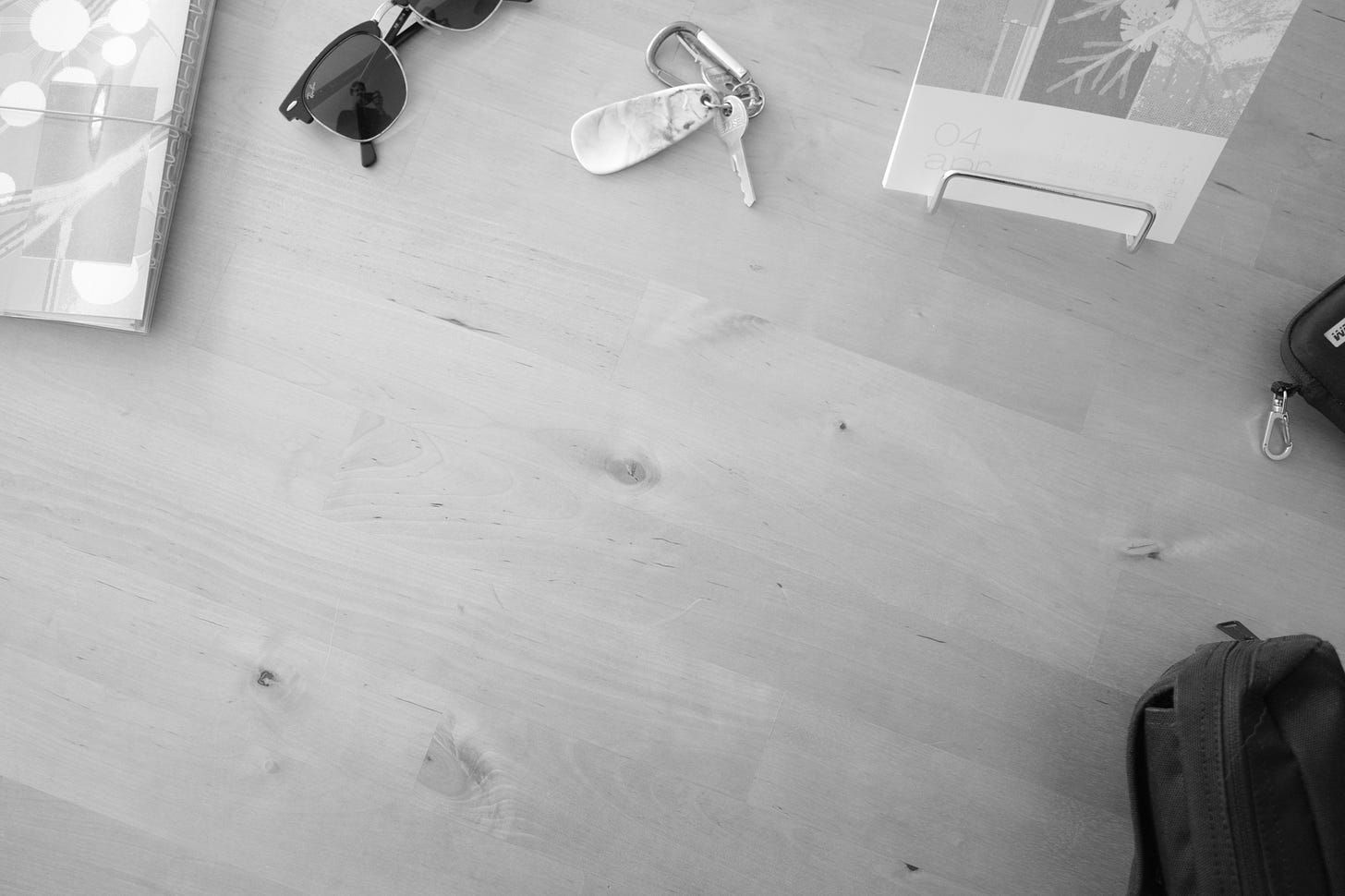
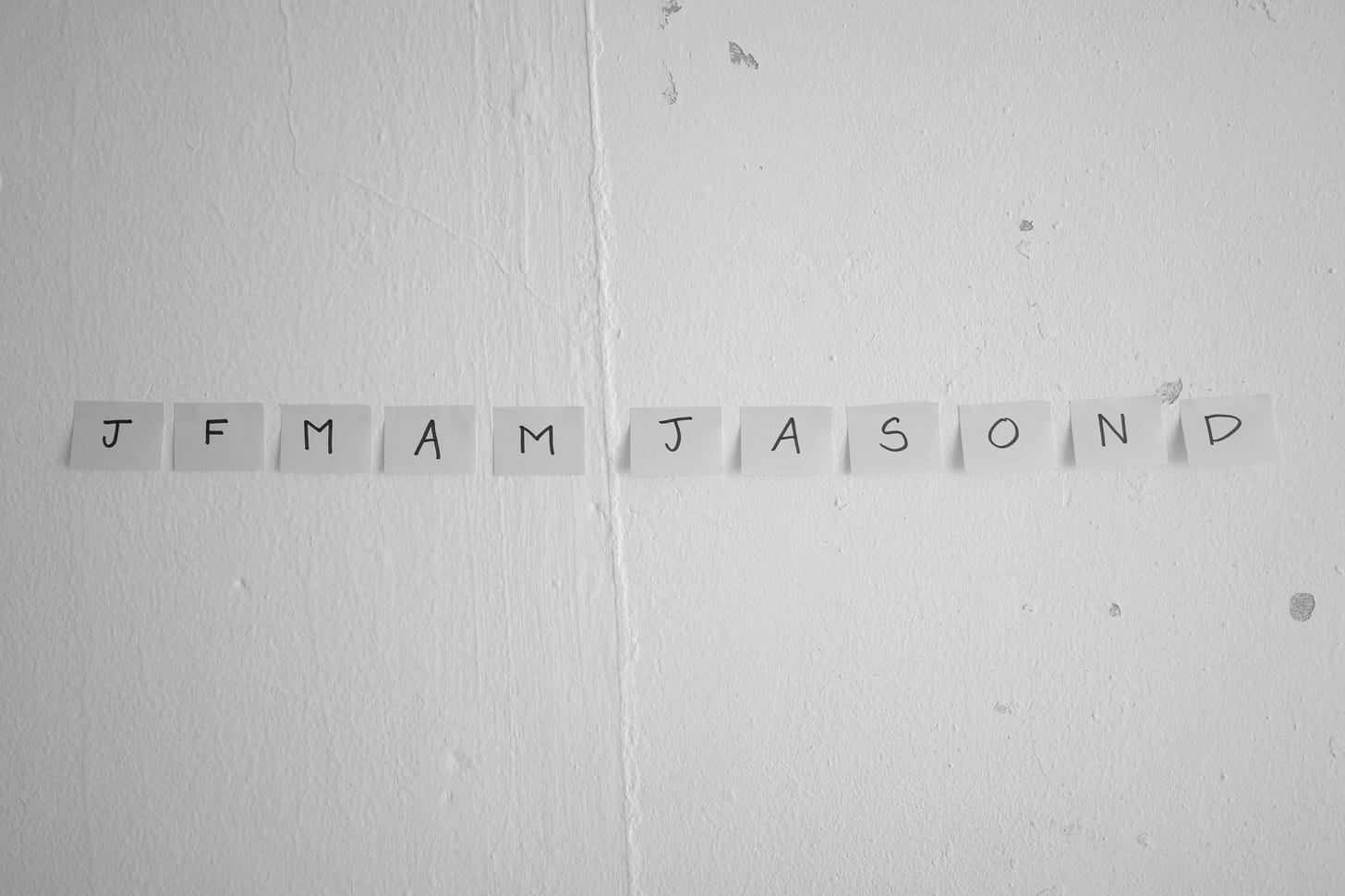
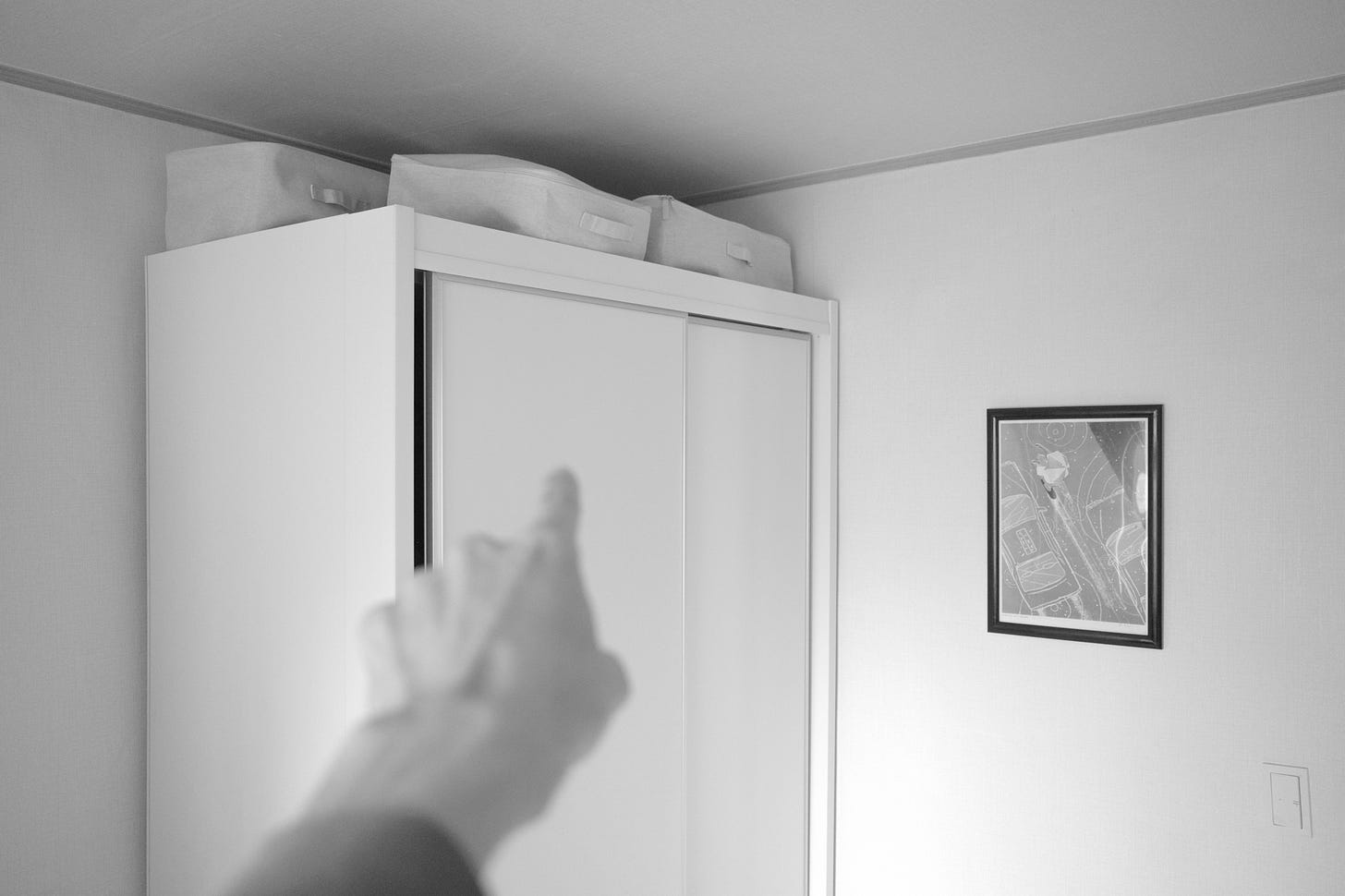
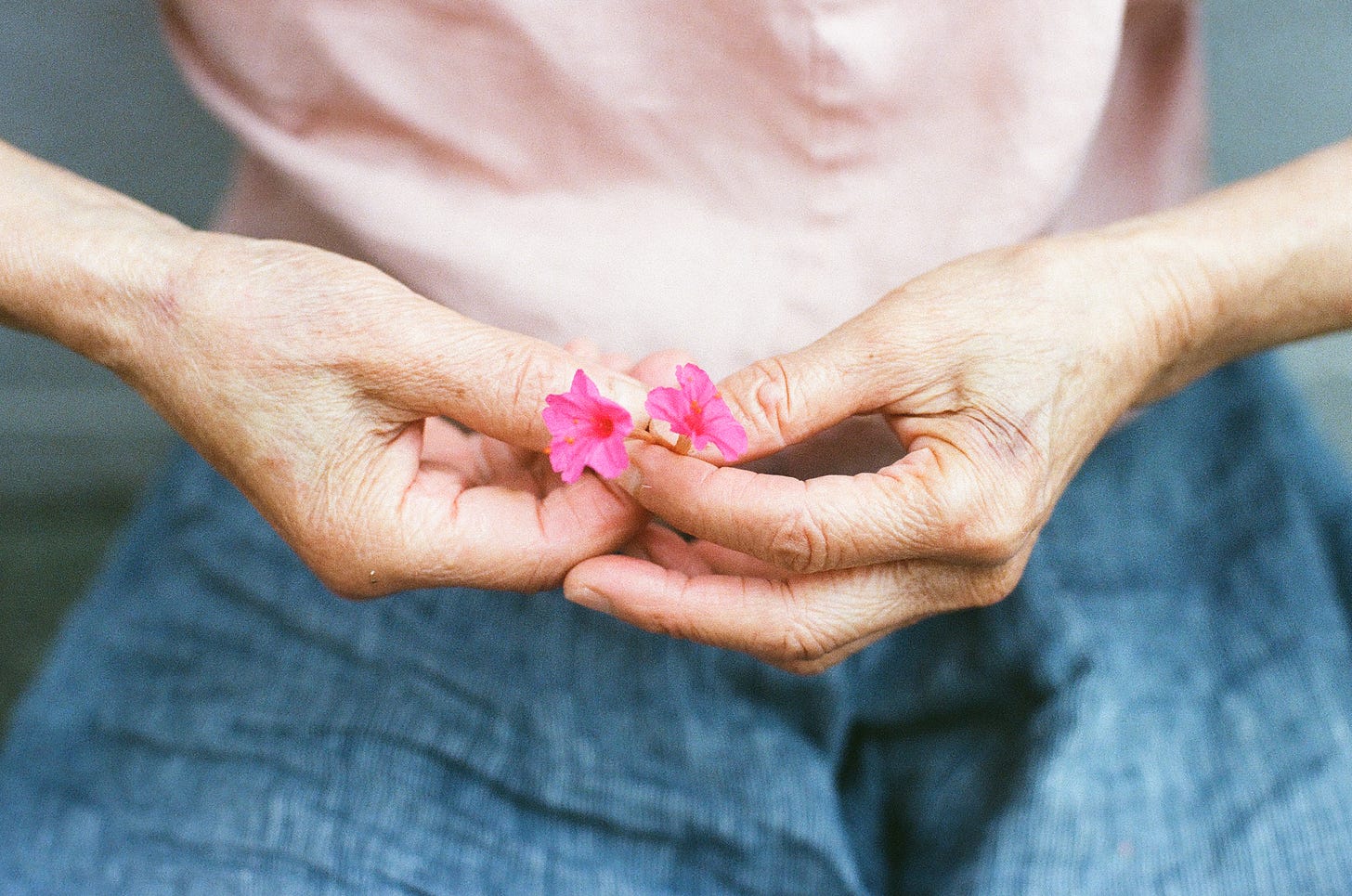
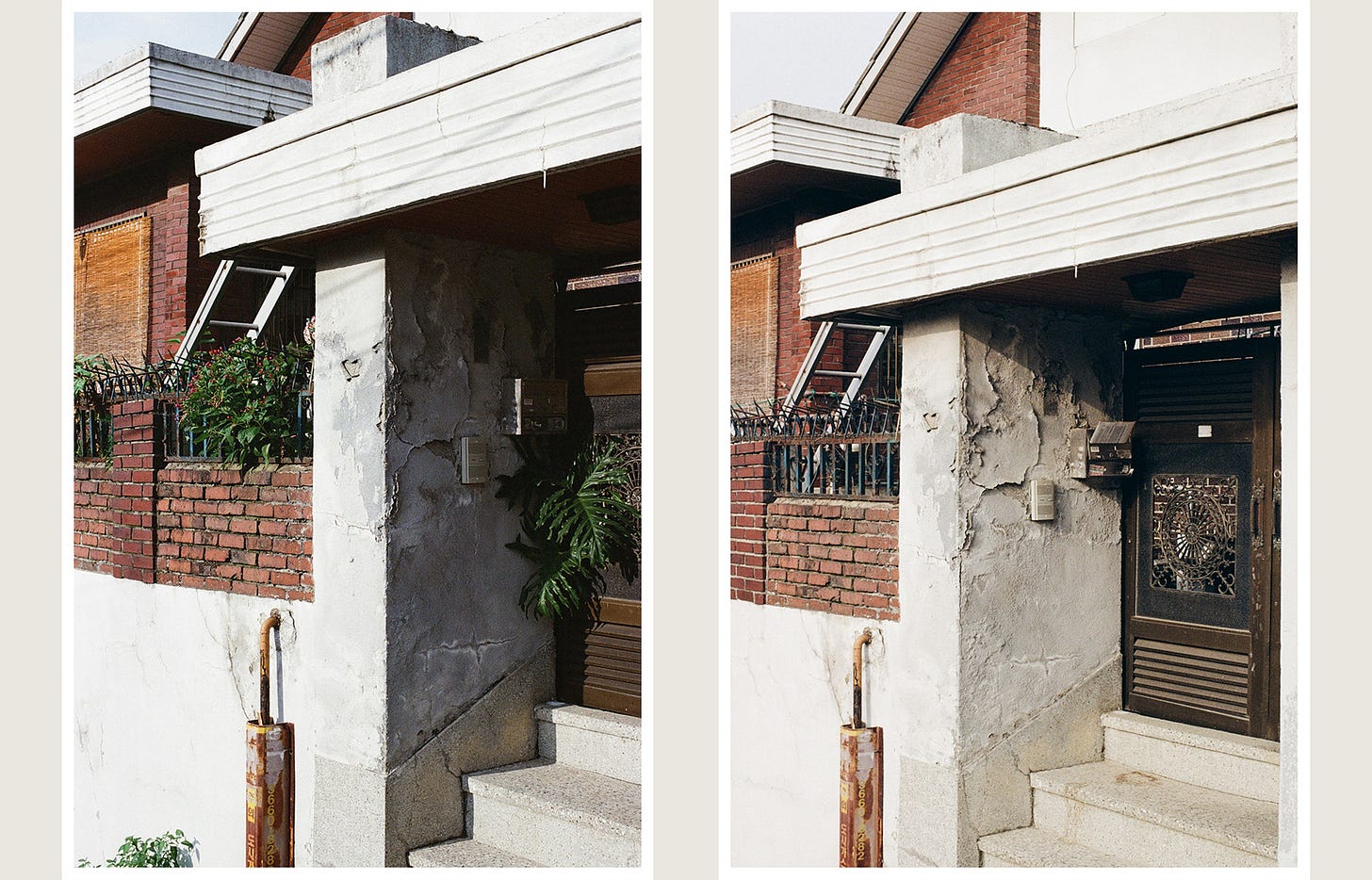
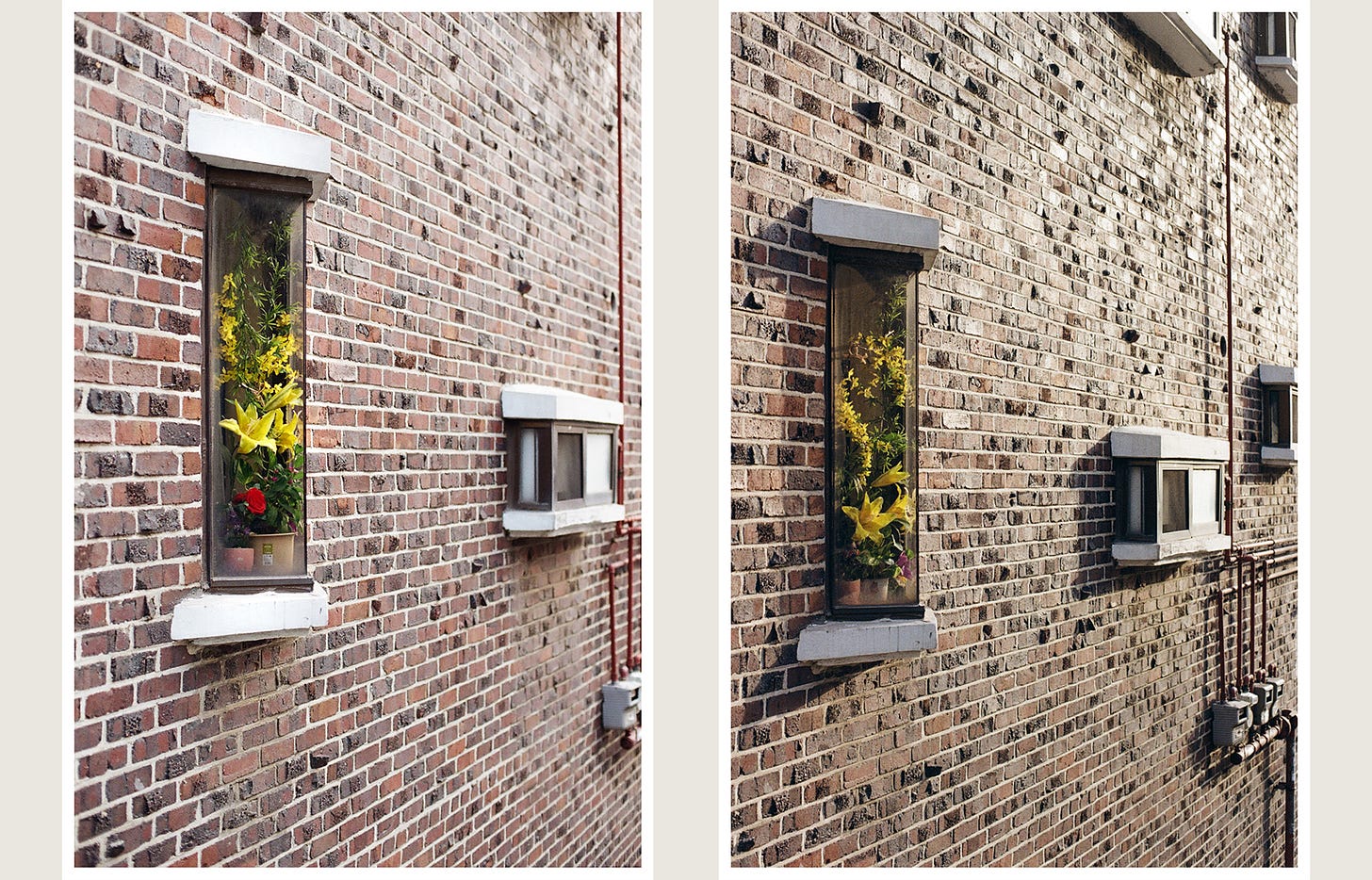
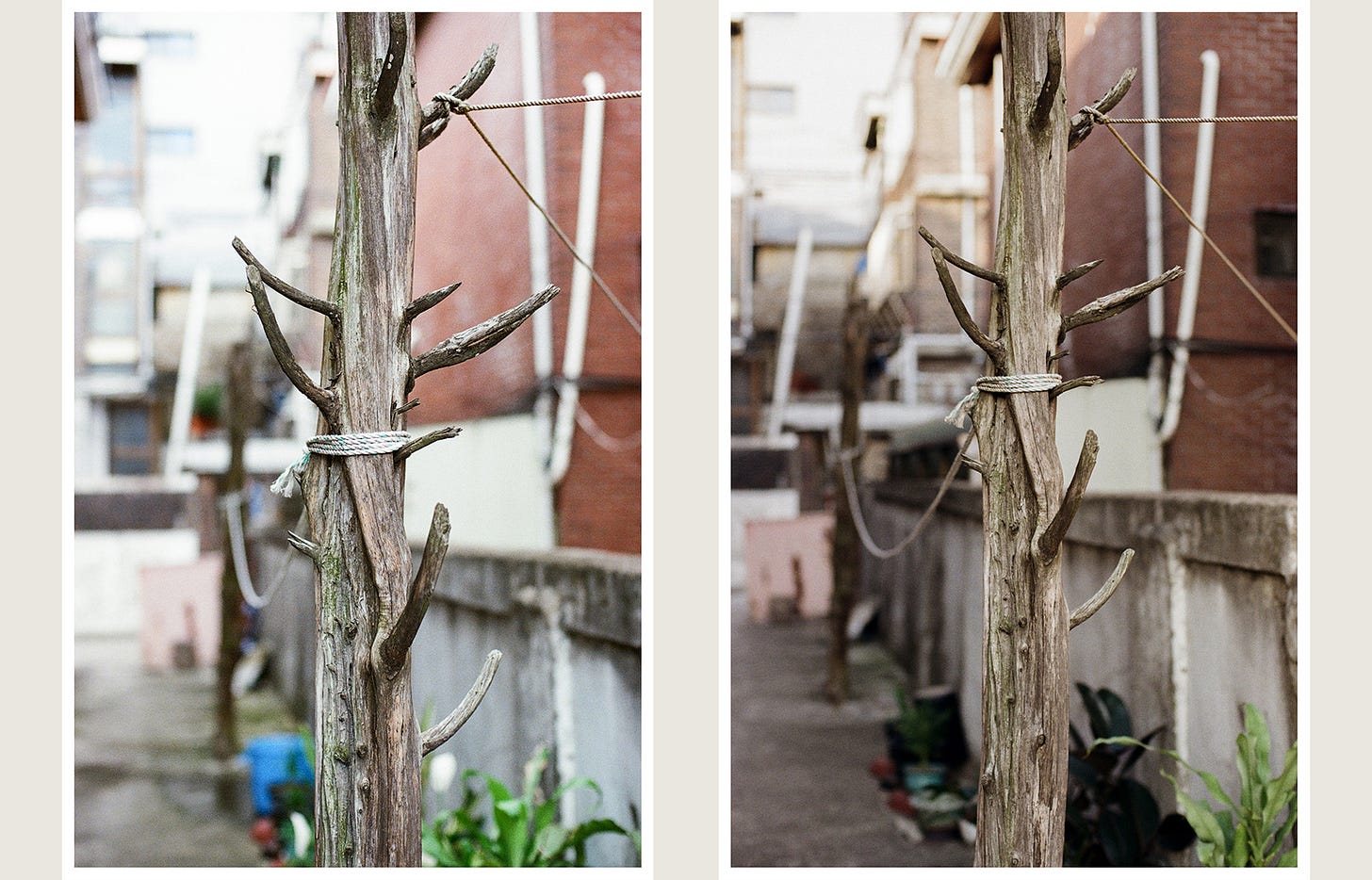
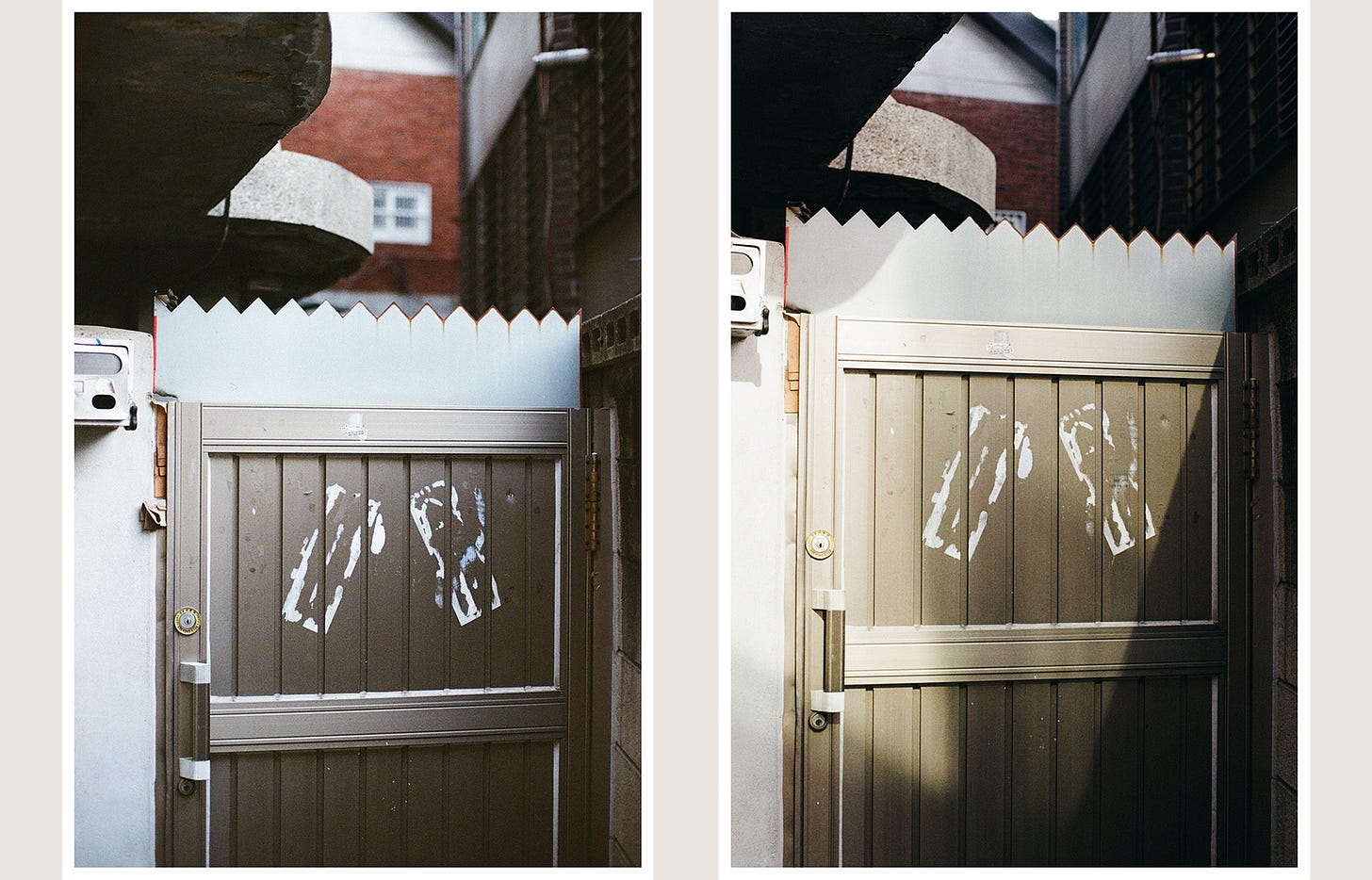
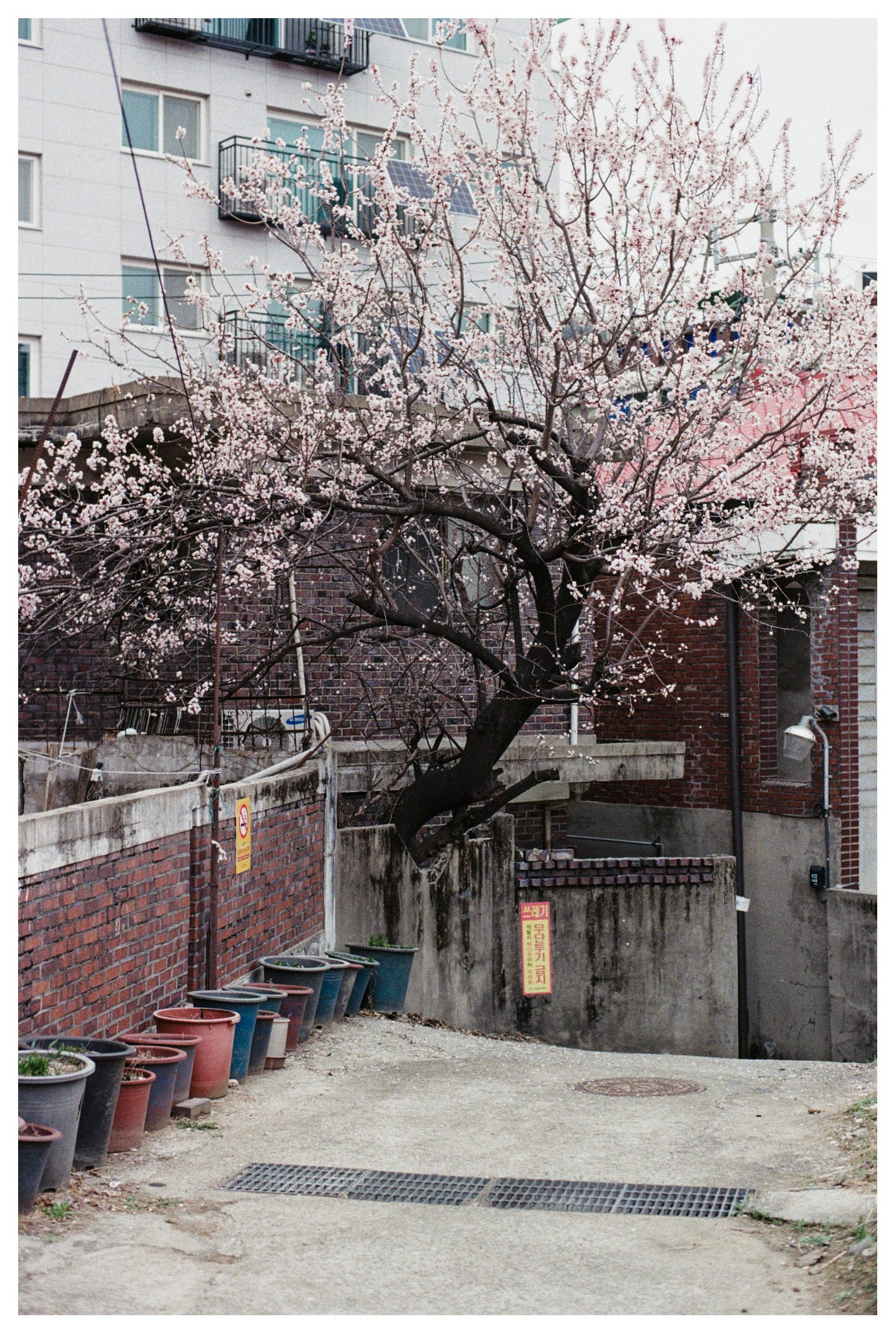

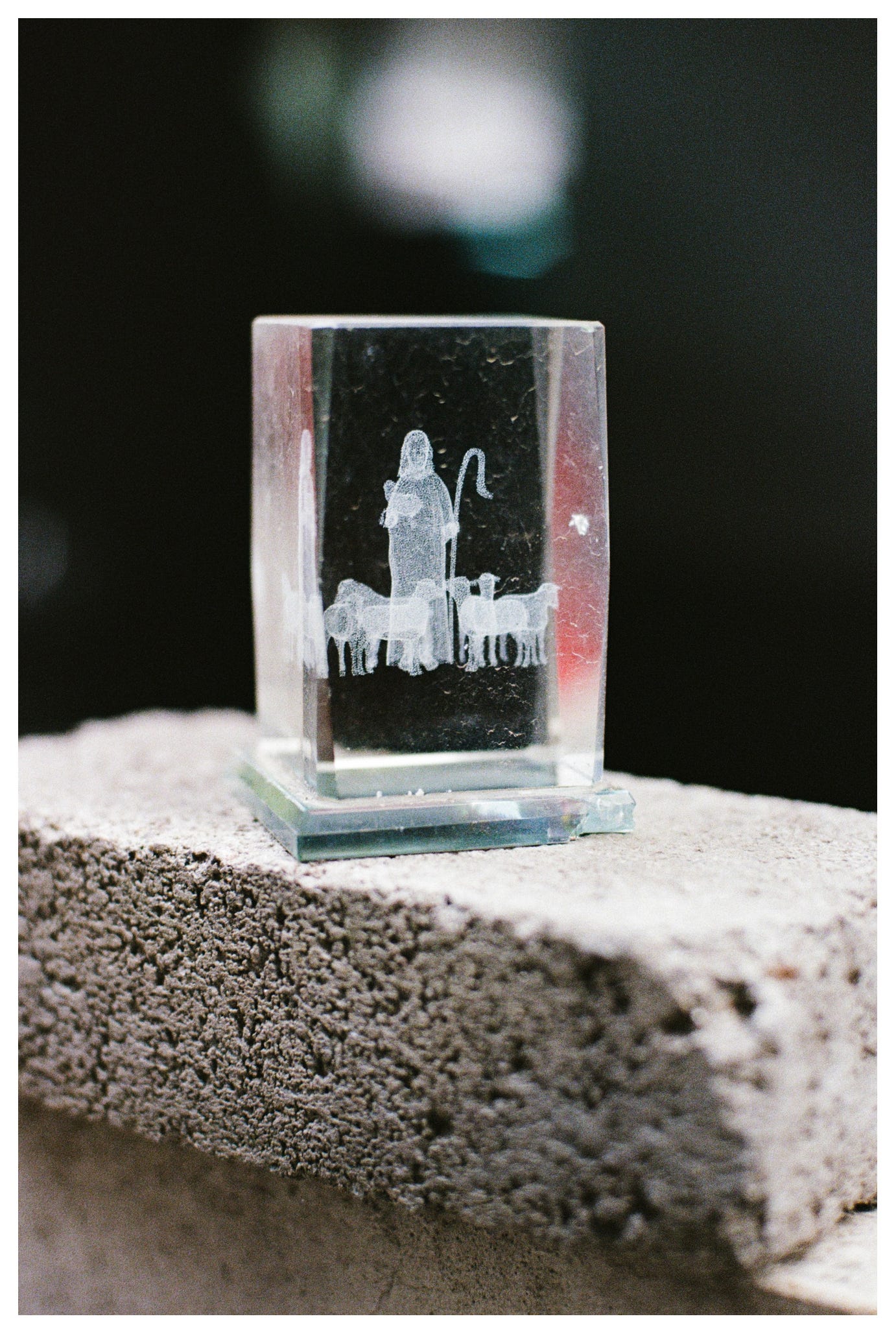
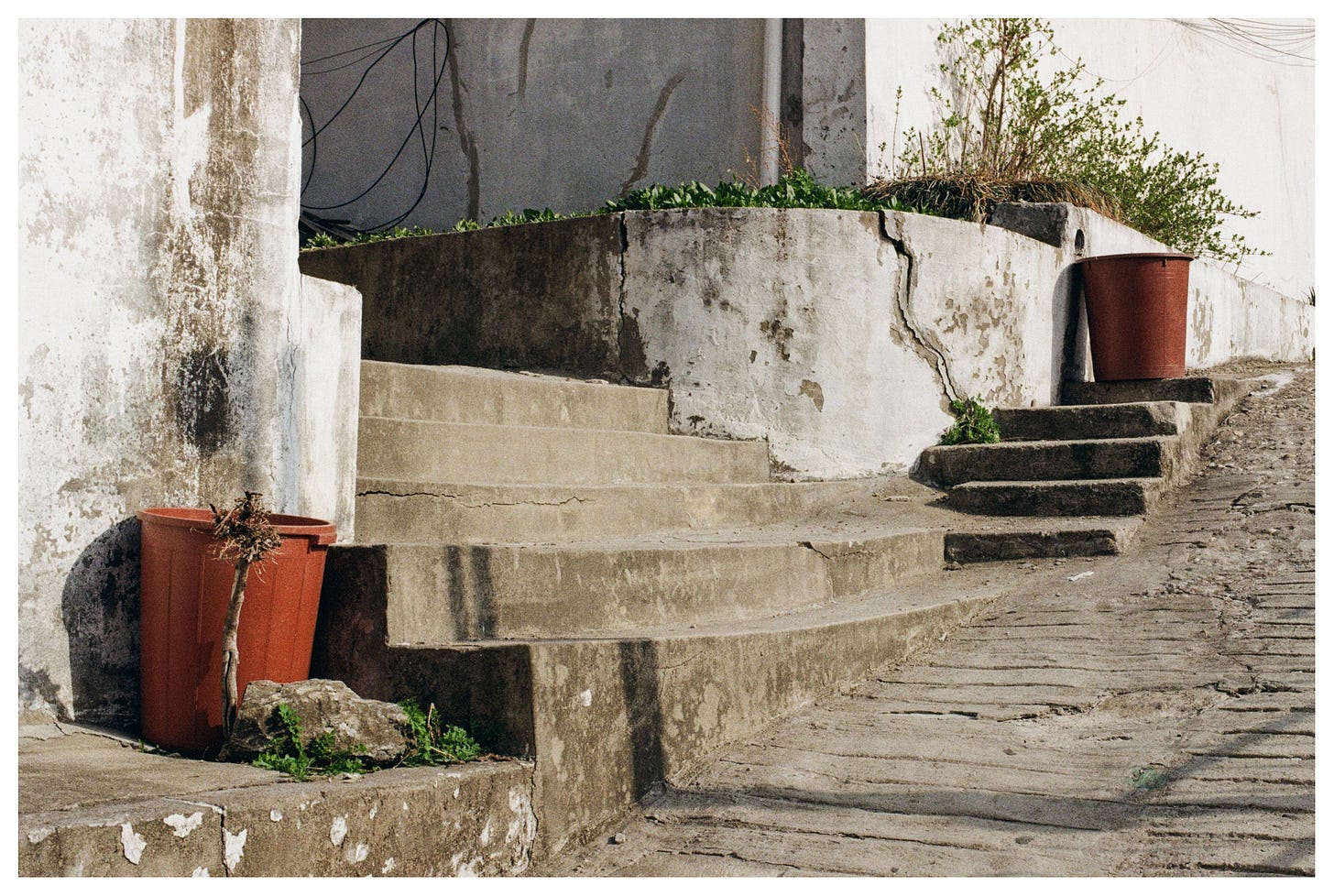
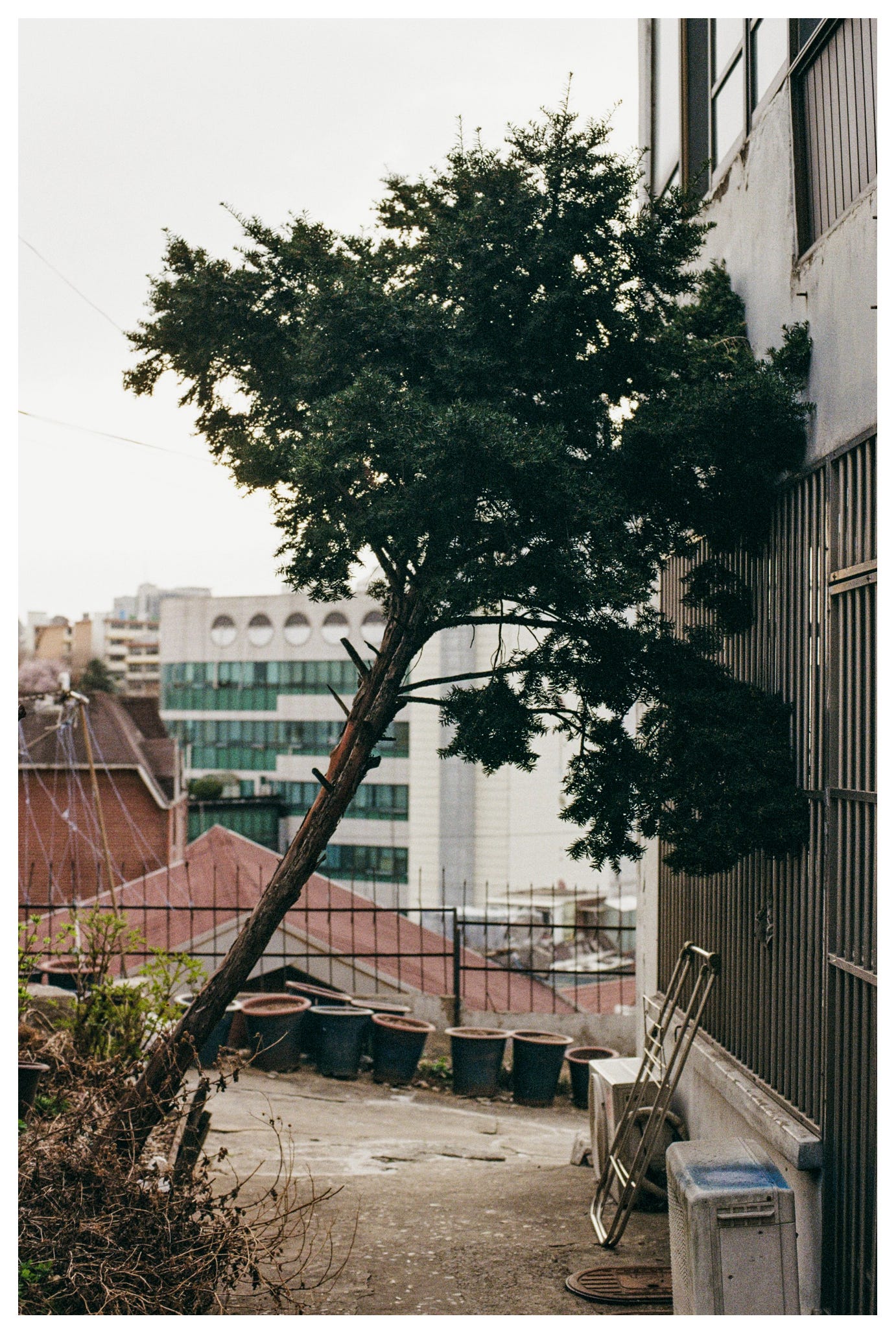
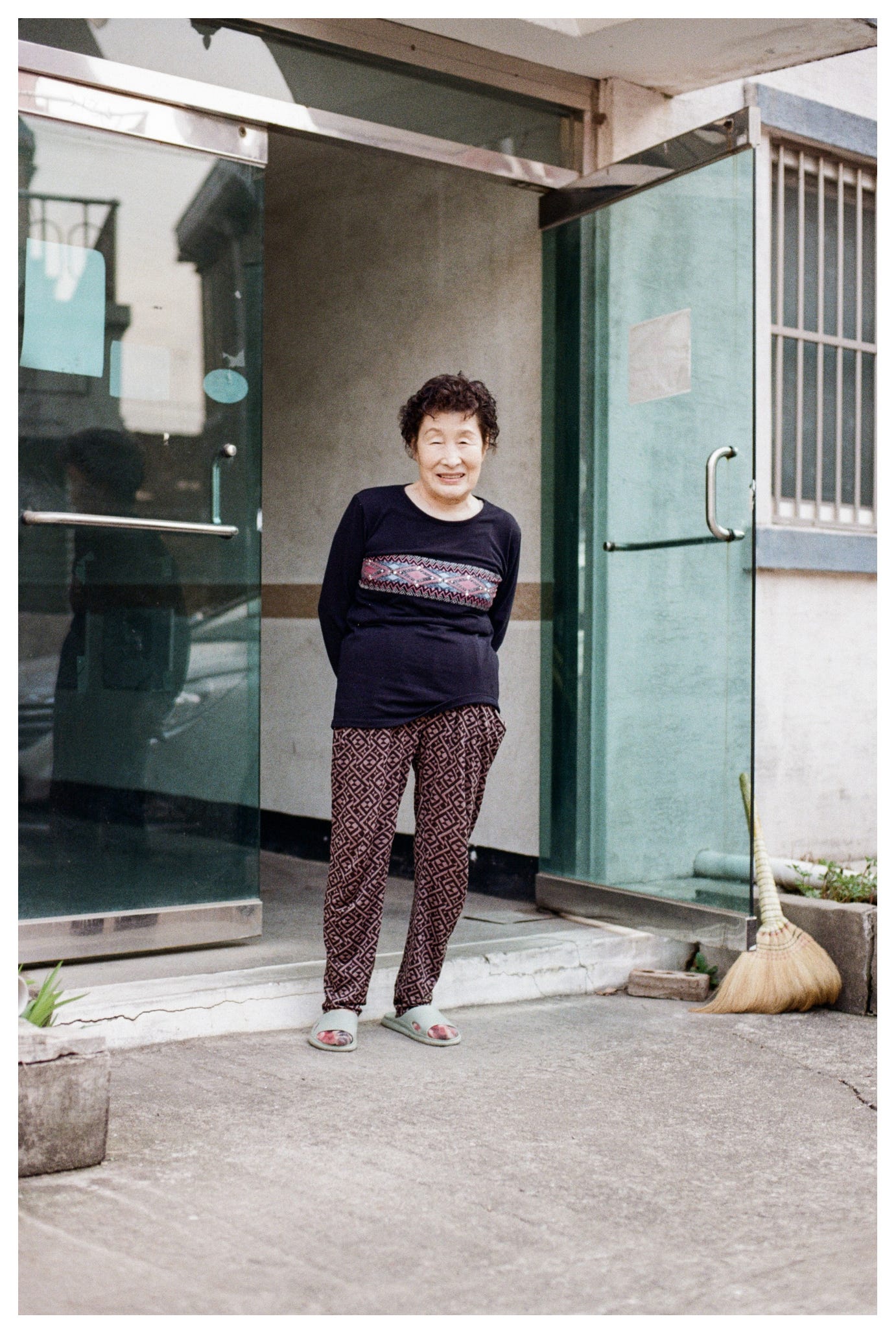
Really feel that about the "propaganda." And I can relate to the story the woman shared, it's a lot that my grandparents family went through - just running and running during wars and not knowing who's alive or not.
P.S. Kurt Vonnegut reference on point
Sad and uplifting at the same time.